Struggling Fisker Inc. could get tossed a lifeline by Japan’s second-largest automaker. In turn, Nissan could gain some much-needed momentum as it struggles to catch up to key competitors in the EV market, according to a new report. A deep source, meanwhile, tells Headlight.News “there is a high likelihood” the alliance could come together in the coming month.
While it was the first automaker to bring an all-electric vehicle to the mainstream market, Nissan has fallen behind competitors such as Ford, Hyundai and Volkswagen and is now struggling to find a way to catch up. At the same time, start-up Fisker Inc. has struggled to bring its first all-electric model, the Ocean, to market, with a severe lack of cash limiting its ability to bring several other EVs to market.
Now, according to a report by Reuters, the two companies are looking at ways to marry their fortunes together. The news service quotes sources who say they’re in “advanced talks” that could lead to a new partnership. Among other things, Nissan is reportedly ready to invest over $400 million in Fisker’s EV program and would also build several new battery-electric vehicles off Fisker’s platform, including the pickup the start-up has been developing.
“There is a high likelihood of this happening,” a deeply placed insider advised Headlight.News on Monday, adding that, if the deal comes through, Nissan could begin production of the Fisker Alaska within two years.
“Substantial doubts”
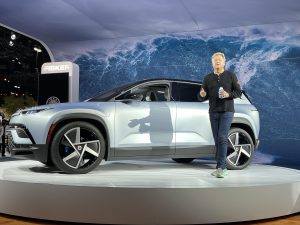
There is “substantial doubt about Fisker’s ability to continue as a going concern,” the company’s founder and CEO announced last week.
Last Thursday, Fisker’s eponymous founder, Henrik Fisker, offered a glum assessment of the company’s future. It has fallen short on production, sales and revenues. And, he warned, there is “substantial doubt about Fisker’s ability to continue as a going concern.”
Among other things, he announced plans to cut 15% of the Fisker workforce.
But the company founder and CEO also raised eyebrows by suggesting that Fisker Inc. is in negotiations with a “large automaker” that might pump desperately needed cash into his firm while also partnering up on future products.
More Fisker and Nissan News
- Fisker says his company’s future is in “substantial doubt”
- Nissan delays two EVs bound for the U.S.
- Nissan Versa is America’s most affordable vehicle – but is it worth the money?
Fisker’s product vision
Last August, the Danish-born Fisker struck a very different tone. During an event on Youtube, he revealed an assortment of concept vehicles that the automaker hoped to roll out over the next few years, starting with one dubbed Project PEAR. Short for “Personal Electric Automotive Revolution,” it’s is meant to answer the mounting calls for an affordable battery-electric vehicle, he explained.
Other concepts included the Fisker Ronin supercar, the Force E off-roader, and the Fisker Alaska pickup – which Henrik Fisker described as the “Ferrari of pickups.”
Of all the Fisker products, Alaska might be considered the most conventional, at least at first glance. But a closer inspection revealed some promising features. Closer to a mid-, rather than full-size pickup it, nonetheless, features a large, 4.5-foot bed. But that jumps to more than seven feet if you open up the “Houdini” midgate and fold down the rear passenger seats. With the large tailgate folded down, as well, Alaska can handle cargo up to 9.5 feet long.
Nissan falls behind
With the launch of the Nissan Leaf in 2010, the Japanese automaker positioned itself at the cutting edge of the EV revolution, then-CEO Carlos Ghosn promising to follow with a procession of all-electric models. But Nissan had little follow-through, waiting a decade to make any significant update to the Leaf and only launching its second all-electric model, the Ariya, in 2022 after a series of delays.
Nissan is now in the process of shifting its overall strategy after it “rebalanced” its quarter-century relationship with Renault. Under the revised terms of their alliance, the French automaker has far less of a say in Nissan’s operations. Among other things, that appears to open up its ability to sign on new partners, such as Fisker.
Mutual benefits
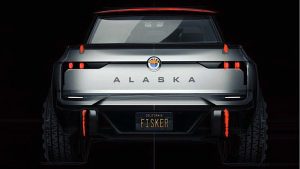
According to Reuters, Nissan would build the Fisker Alaska and use the platform for some of its own EVs.
A deal between the two could help Nissan kick-start its own EV program by utilizing both Fisker’s designs and its EV platforms. In turn, Fisker could get a much-needed infusion of cash and a way to bring some of its planned products to market. Currently, the Fisker Ocean is imported from the Magna-Steyr operation in Austria. Fisker had been looking at various options for products like PEAR.
For Nissan, the Fisker Alaska could help it get a foothold into the emerging EV pickup market that already includes models such as the Tesla Cybertruck, Ford F-150 Lightning, Rivian R1T and Chevrolet Silverado EV. Other products, including the GMC Sierra EV and Ram 1500 REV are set to follow by next year.
Headlight.News has reached out to both Fisker and Nissan but has so far received no comments on the Reuters report.

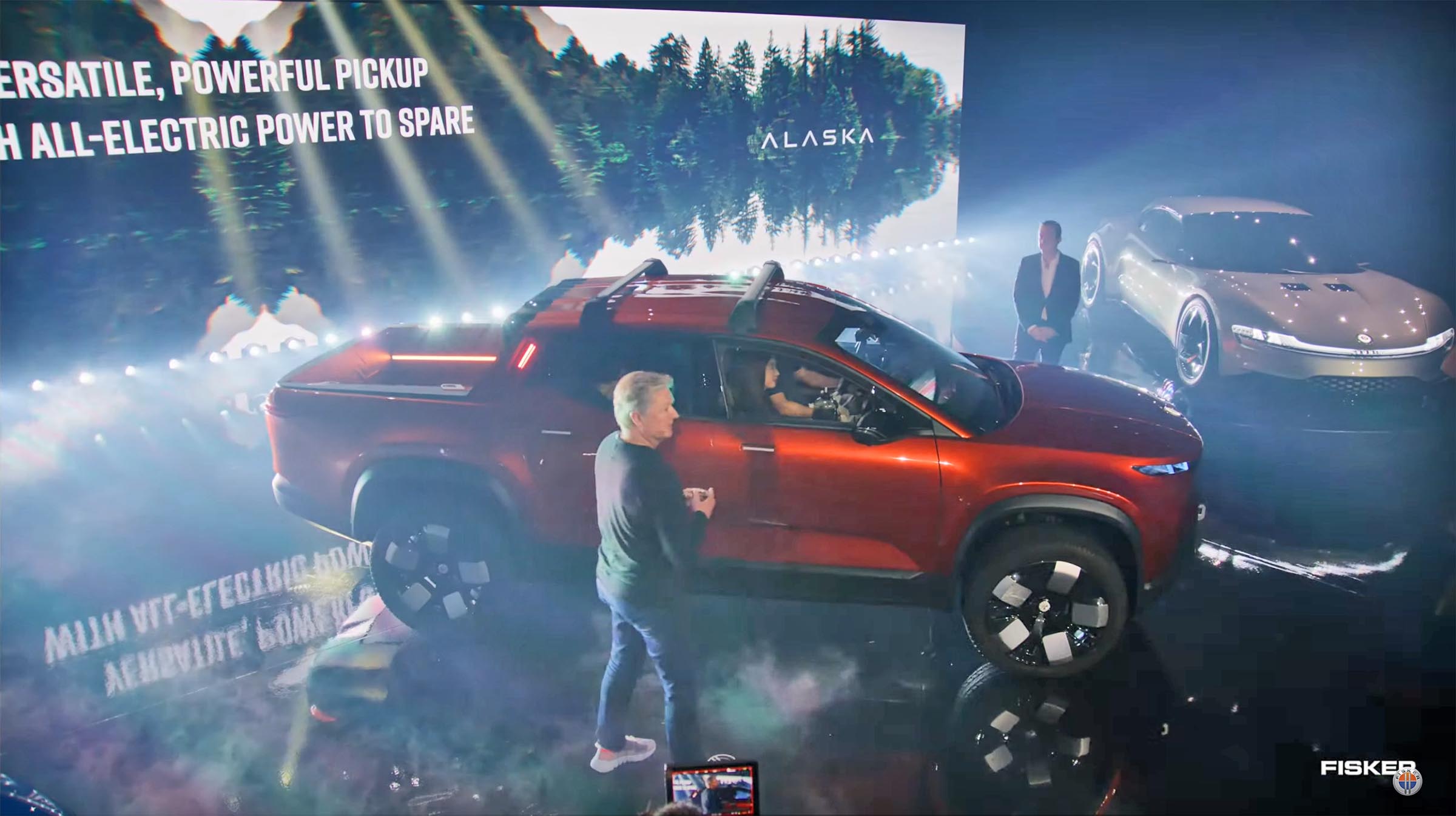
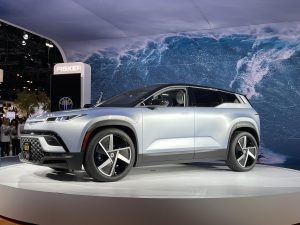
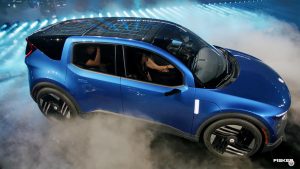
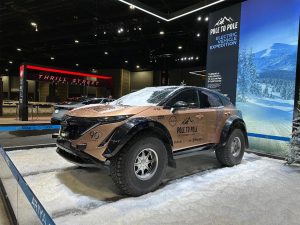

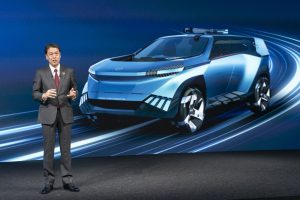
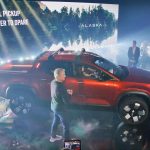
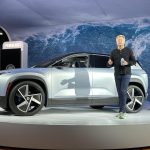
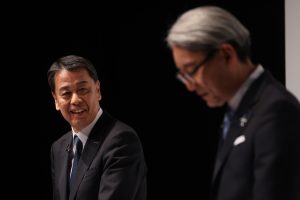
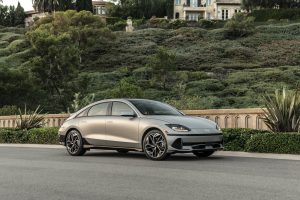

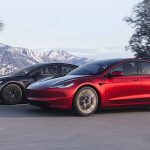

0 Comments